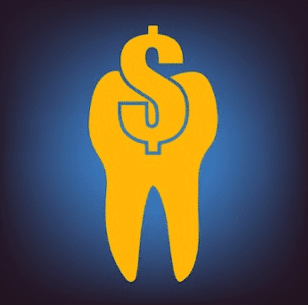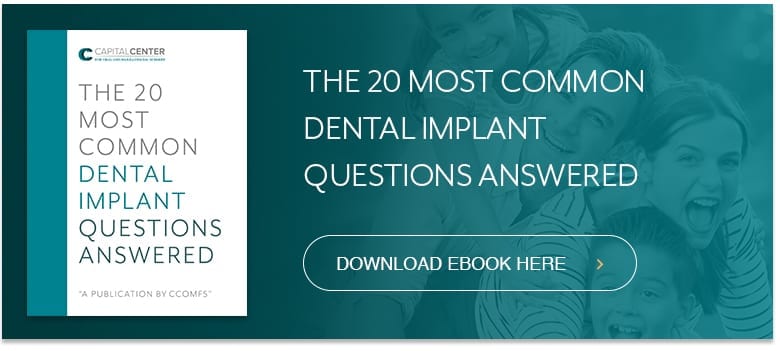 If you need dental restoration and you and your dental professional have agreed that dental implants are your best option, you probably already know that your dental restoration will require a significant financial investment. Given the many advantages of dental implants over other restorative options, it is certainly a worthy investment in your dental health. However, figuring out how to pay for them can be a challenge for the average dental patient, since most insurance plans offer little, if any, coverage for dental implants. Here, we’ll go over a financing option that you may have overlooked – health care credit cards.
If you need dental restoration and you and your dental professional have agreed that dental implants are your best option, you probably already know that your dental restoration will require a significant financial investment. Given the many advantages of dental implants over other restorative options, it is certainly a worthy investment in your dental health. However, figuring out how to pay for them can be a challenge for the average dental patient, since most insurance plans offer little, if any, coverage for dental implants. Here, we’ll go over a financing option that you may have overlooked – health care credit cards.
What Are Health Care Credit Cards?
Health care credit cards are credit accounts – just like standard credit cards – with one key difference: Only health care related expenses, such as medical or dental procedures, can be charged on them. They are designed to give those in need of medical or dental treatment that is not covered by insurance a convenient means of financing the cost of that treatment. Like any credit card, health care credit cards advance the funds you need for a purchase – in this case, dental implants – then allow you to pay back that loan, plus interest, in monthly installments.
Where Can You Get Health Care Credit Cards?
Some health care credit card companies make applications available through medical or dental offices that accept their cards as payment. CareCredit, for instance, which is one of the most prominent health care credit cards, can be applied for at most any of the dental and medical practices in their extensive network of participating health care providers. Additionally, you can apply for most health care credit cards online — just be sure that your dental care provider accepts any card you’re considering before you commit.
Important Considerations
Some health care cards are more reasonable than others when it comes to terms, conditions and interest rates. Find out which cards your provider accepts and compare those options, reading that fine print carefully to ensure that you’re getting the best possible deal.
A detail to pay especially close attention to is “teaser” rates – introductory rate promotions featuring low interest rates or no interest for a limited period of time. While these can be a great deal if you’re able to pay your balance before the introductory rates expire, if there is a possibility that you can’t, reading the fine print can spare you some unpleasant surprises.
Look into what your interest rate will be when it resets at the end of that introductory period, and be sure to check whether that new rate will apply only to your existing balance, or your entire original charge – a difference that can be quite substantial in terms of the overall cost of your loan. Also, look into the penalties for late or missed payments, such as late fees and/or interest rate hikes. Lastly, if you’re reasonably sure that you’ll need more time to pay off your charges than is allowed by those typical 6, 12 or 18 month introductory rate periods, CareCredit offers longer-term fixed-rate plans – 24 or 48 months – that may be a better deal for you.
Health care credit cards can be a good option for financing dental implants, so long as you choose a card from a well-established, reputable credit card company with reasonable terms, conditions and interest rates. While you will pay interest on the costs of your dental implants, many patients find the ability to get a quick start on that bright, healthy new smile well worth the price.

Contact our office for more information on financing and health care credit cards. Call us at (202) 386-7100.